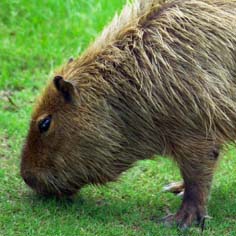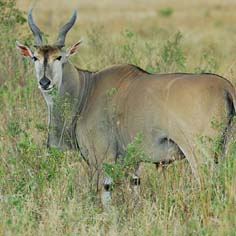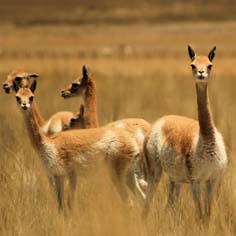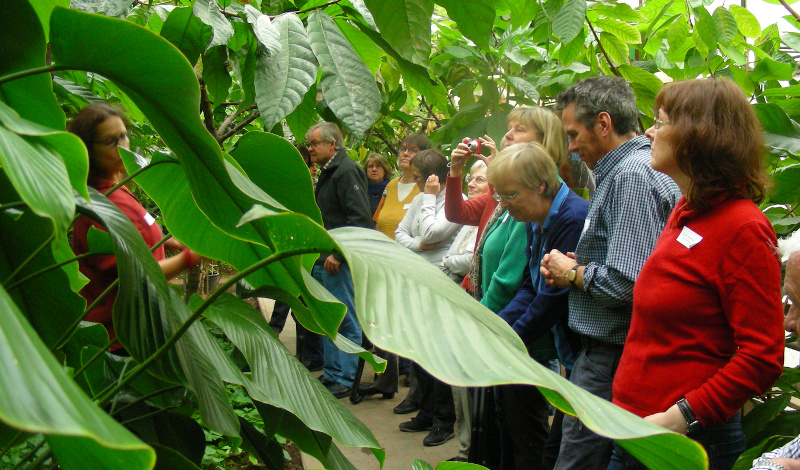Biannual block module
Time: Forthcoming in the academic summer term 2019
Module contents:
Unconventional livestock in Asia/Oceania, Africa and Latin America: Biology, management and, production systems. Commercial and subsistence products from little known domesticated animal species. Local and national economic potential and contribution to local livelihoods.
Wildlife in Asia, Africa and Latin America: Biology, wildlife demography and modeling of population dynamics, human/wildlife conflicts, international conventions on (agro)-biodiversity and conservation, strategies for wildlife conservation through utilisation, different wildlife utilisation concepts, wildlife based tourism, terminal wildlife utilization of different intensity ("Hunting/Trophy hunting", "Game-Ranching", "Game Farming", "Feedlot" with beginning domestication), community-based utilisation cum conservation approaches.
Contribution of wildlife utilisation to the livelihood of rural communities. Regulations, possibilities and constraints for wildlife conservation.
Module objective:
Based on the development of agriculture, particularly the domestication of animals, students know the differences between livestock and wildlife and the importance and potential of unconventional livestock and wildlife for rural development and human livelihoods in different regions of the world.
Students obtain an overview over the wide variety of unconventional livestock, their adaptive features, biology and ecology and the various production systems under which they are kept. Students also familiarize with the variety of wildlife species, their biology, ecology and population dynamics and the potential of their exploitation. They know the major international conventions pertaining to wildlife conservation and are familiar with the nature and magnitude of human/wildlife conflicts. They know about costs and benefits associated with human-wildlife-coexistence and understand the dilemma between (inter)national conservation objectives and local household livelihood objectives. Students obtain an overview over different terminal and non-terminal options of wildlife utilisation and management and their respective potential contribution to the above conflicting objectives.






